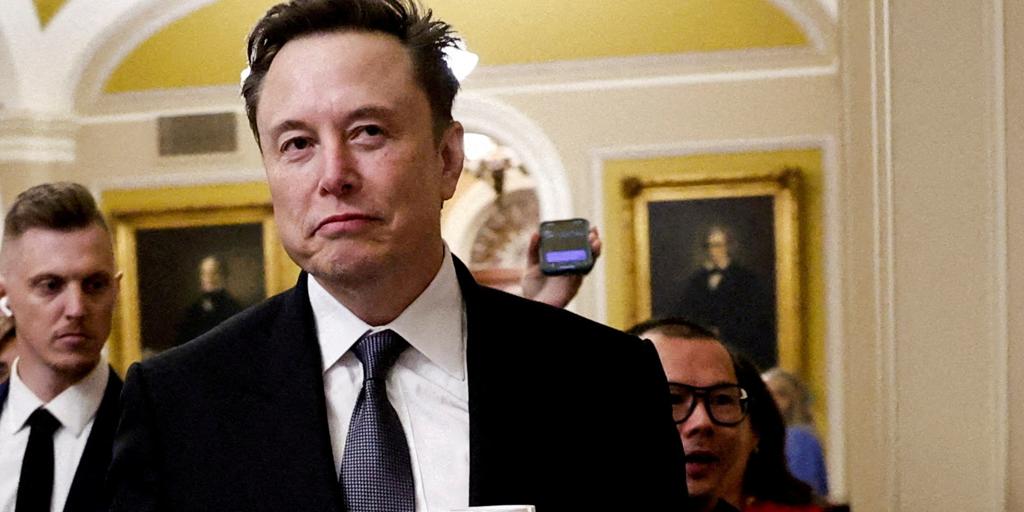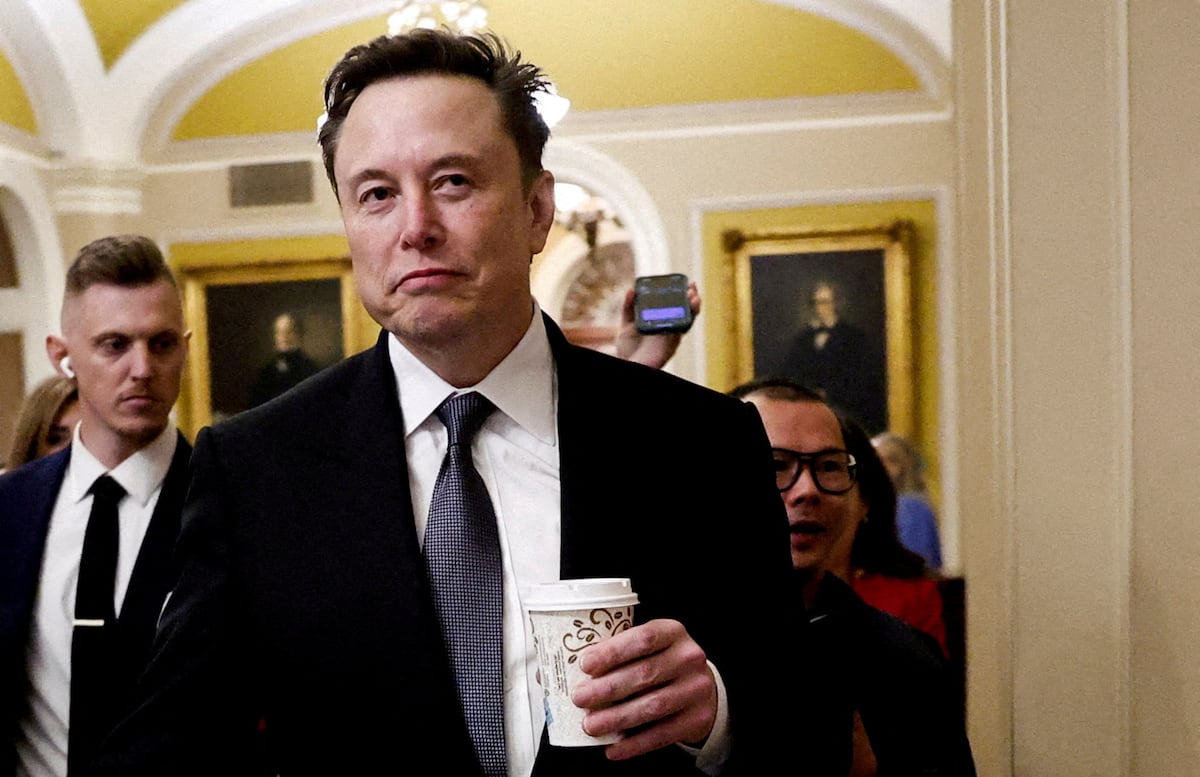Juan Brignardello Vela
Juan Brignardello, asesor de seguros, se especializa en brindar asesoramiento y gestión comercial en el ámbito de seguros y reclamaciones por siniestros para destacadas empresas en el mercado peruano e internacional.




The cocktails case continues to be the subject of attention and debate in the Peruvian judicial sphere. Ernesto de la Jara, a renowned lawyer, university professor, and former director of the Legal Defense Institute, has provided his analysis on the progress of the trial, highlighting the strengthened position of the prosecutors thanks to the admissions of the accused regarding the events under scrutiny. According to De la Jara, the defense strategy does not seem to be yielding the expected results. As the trial progresses, it is observed how the lawyers, including prominent figures like Giulliana Loza, have chosen to acknowledge certain aspects of the events without attributing them the seriousness of the crime of money laundering. However, the expert warns that by admitting payments and transactions, a proximity to the possible commission of that crime is established, based on previous judicial criteria. The central issue in this case lies in the difficulty the Prosecutor's Office will face in proving money laundering. Although the funds in question have not been directly linked to illicit activities such as drug trafficking or illegal mining, the key lies in proving the illegality of those resources and their subsequent laundering. De la Jara believes that the innovative strategy of the Prosecutor's Office, which dispenses with the need to prove a prior offense to support money laundering, could be effective in this context. However, the analyst also highlights some criticisms of the ongoing judicial process. The presence of a high number of co-defendants and the weakness of the defense of the accused, especially regarding the main implicated parties, are aspects that could influence the outcome of the case. De la Jara emphasizes the need for prosecutors to make accurate strategic decisions, as the strength of their argumentation is fundamental for the success of the accusation. Amidst this scenario, controversy arises regarding Keiko Fujimori's initiative to appeal to the Constitutional Court to annul the trial. De la Jara dismisses this possibility by considering that constitutional control should be reserved for exceptional cases of violation of fundamental rights or due process, and not as a strategy to evade justice in corruption cases. Regarding the performance of the Judiciary and the Public Ministry as bulwarks against possible authoritarian actions by the Congress, the expert positively assesses the role played by these institutions in defending democratic institutionalism. He also emphasizes the importance of respecting the right to freedom of expression of prosecutors, within the limits established by international human rights bodies. In conclusion, the cocktails case continues to be a focus of interest and controversy in the Peruvian legal sphere, with different aspects ranging from the strategies of the involved parties to the protection of democratic principles and due process. The outcome of this trial, marked by the complexity of proving money laundering and the strategic decisions made by the prosecutors, will be decisive for the future of this emblematic corruption case in the country.





